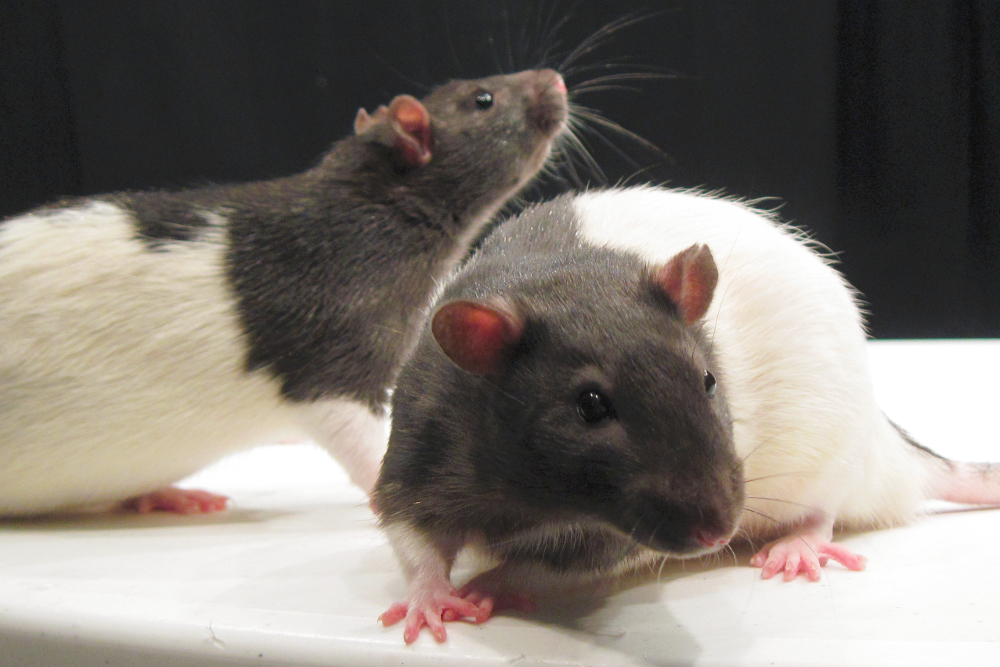
Monsanto’s Roundup Linked to Fatty Liver Disease
Glyphosate—the controversial active ingredient in Monsanto's top-selling weedkiller Roundup and other herbicides—can cause non-alcoholic fatty liver disease in rats at very low, real-world doses, according to a peer-reviewed study published in Nature.
January 12, 2017 | Source: Alternet | by Lorraine Chow
Glyphosate—the controversial active ingredient in Monsanto's top-selling weedkiller Roundup and other herbicides—can cause non-alcoholic fatty liver disease in rats at very low, real-world doses, according to a peer-reviewed study published in Nature.
The groundbreaking research is the first to show a "causative link between an environmentally relevant level of Roundup consumption over the long-term and a serious disease," stated lead author Dr. Michael Antoniou of King's College London, who described the findings as "very worrying."
Non-alcoholic fatty liver disease is the accumulation of extra fat in liver cells not caused by alcohol. It's a serious and common condition that affects up to 90 million people in the U.S.
For the study, the researchers used cutting-edge molecular profiling methods to examine the livers of female rats who were fed an extremely low dose of Roundup over a two-year period. The rats were administered an ultra-low dose of only 4 nanograms per kilogram of body weight per day, which is 75,000 times below EU and 437,500 below U.S. permitted levels—basically thousands of times below the amount allowed by regulators around the world.
